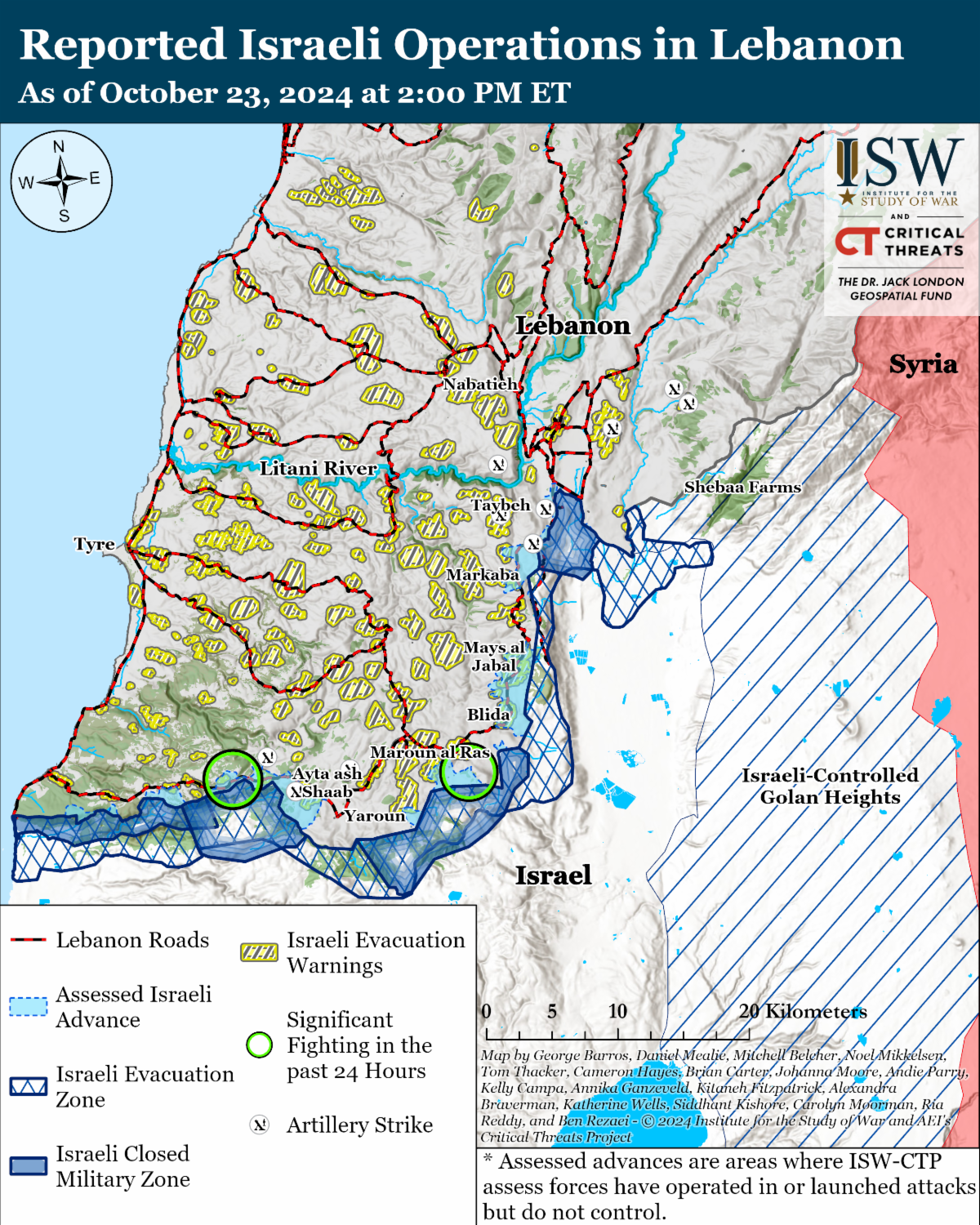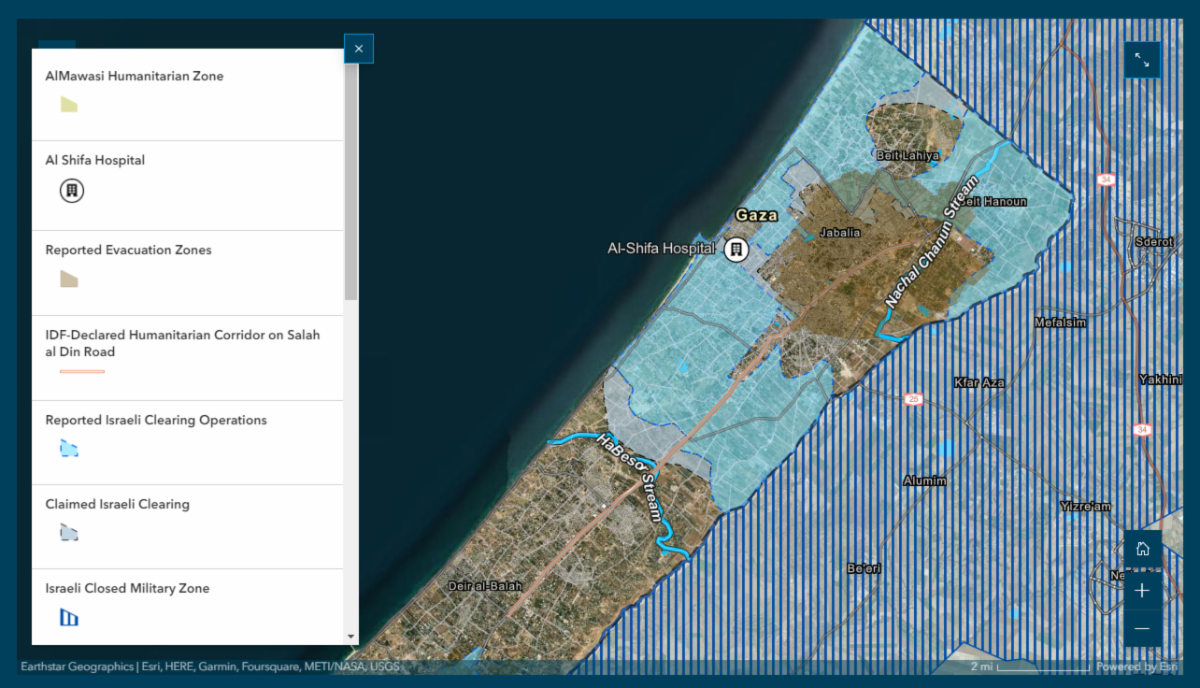Iranian President Masoud Pezeshkian reiterated Iran’s intentions to increase ties with Russia and the People’s Republic of China (PRC) at the BRICS Summit in Kazan, Russia, on October 23. Pezeshkian met with Russian President Vladimir Putin to discuss Russo-Iranian economic and strategic relations on the sidelines of the summit. Pezeshkian stated that the two officials will finalize and sign memorandums soon, suggesting that both states will sign the new comprehensive strategic partnership agreement. Putin authorized the signing of the deal on September 18.
It is within Iran’s interests to have a formalized agreement with Russia. Iran presumably will seek greater international support as Israel’s ground and air offensives on the Gaza Strip and Lebanon have disrupted some elements of Iran’s proxy network. This is particularly notable given that Hezbollah’s capabilities—which now appear disrupted by Israeli action at a minimum—have long served as Iran’s principal deterrence against Israeli attack. Russia has discouraged Israeli attack on nuclear facilities, demonstrating the advantages of strong Iranian relations with Russia. The Pezeshkian administration’s policy continues former President Ebrahim Raisi’s “neighborhood policy.” This policy is centered on building relations with regional and extra-regional states, thus demonstrating the administration’s efforts to mitigate the impact of international sanctions and bolster the Iranian economy. The regime calculates that mitigating the impact of sanctions increases domestic stability and regime credibility. Russo-Iranian cooperation has accelerated since the start of Russia’s offensive campaign in Ukraine due to Iran’s military support in the war.
Pezeshkian also met with PRC President Xi Jinping on October 23. This meeting’s details are not publicly available, but the officials probably discussed regional developments and growing Sino-Iranian strategic partnership, including Iranian oil exports to the PRC. Iranian Energy minister Abbas Aliabadi separately discussed trade and foreign capital investment with member countries of the Belt and Road Forum in Qingdao, China.
Key Takeaways:
- Russo-Iranian Cooperation: Iranian President Masoud Pezeshkian reiterated Iran’s intentions to increase ties with Russia and the People’s Republic of China (PRC) at the BRICS Summit in Kazan, Russia, on October 23. Pezeshkian emphasized the need for BRICS countries to pursue economic cooperation that undermine the US dollar, almost certainly to achieve Iran’s economic goal of mitigating international sanctions on the Iranian economy through its neighborhood policy.
- Israeli Air Campaign in Lebanon: The Israel Defense Forces (IDF) confirmed the death of Hashem Safi ed Din—the presumed successor to Hassan Nasrallah—in an airstrike on Beirut on October 3. Hashem Safi ed Din’s confirmed death will impact Hezbollah’s political succession but will not further affect Hezbollah’s immediate tactical decisions. The IDF confirmed that it killed several other high level Hezbollah commanders in the October 4 strike in Beirut.
- Israeli Ground Operation in Lebanon: An IDF armored brigade captured a large stock of high-end Hezbollah equipment, including night vision goggles and Kornet missiles, in southwestern Lebanon. Hezbollah fighters, if they had withdrawn from the area in an orderly fashion, would have presumably withdrawn with high-end weapons systems like Kornets and equipment like night vision goggles. This suggests that Hezbollah fighters—rather than seeking to delay Israeli forces in an organized fashion by slowly executing an orderly delay—instead fled their positions.
| 






 [ISW] 러시아 공세 캠페인 평가, 2024년 10월 23일
[ISW] 러시아 공세 캠페인 평가, 2024년 10월 23일
 [ISW] 러시아의 공세 캠페인 평가, 2024년 10월 22일
[ISW] 러시아의 공세 캠페인 평가, 2024년 10월 22일